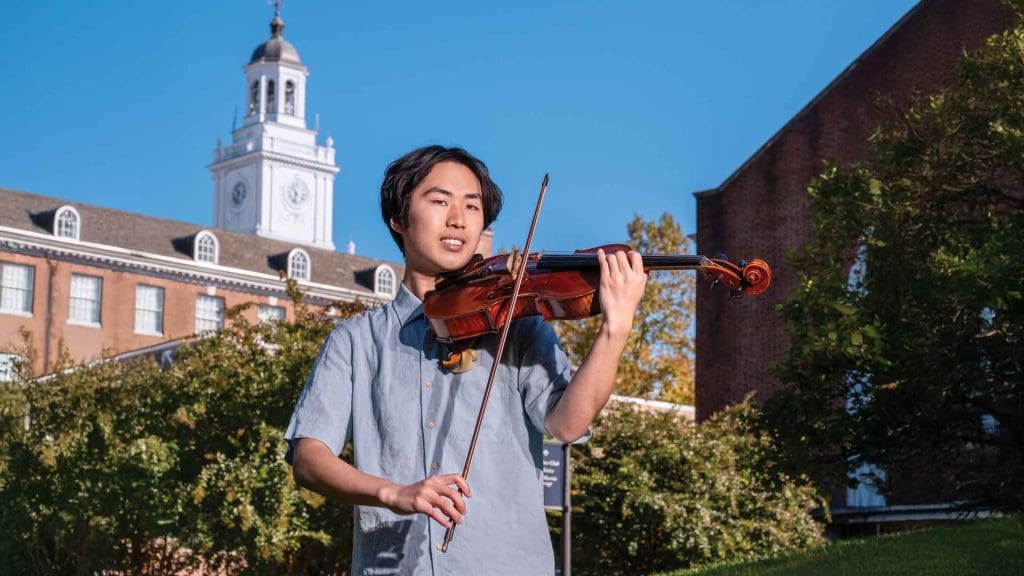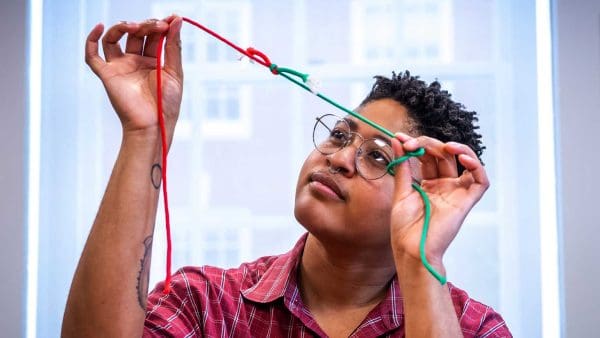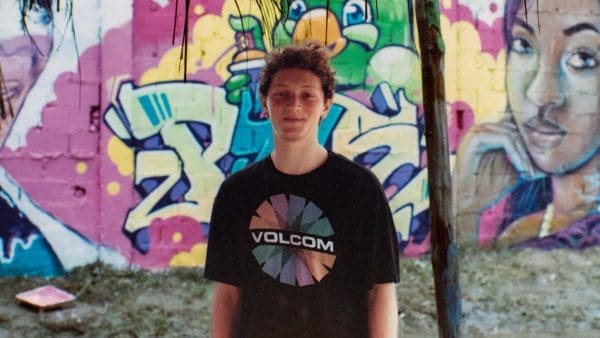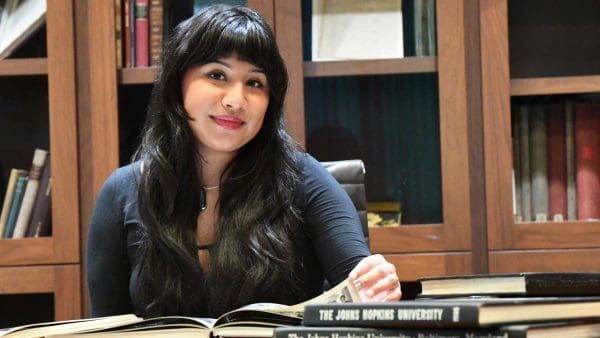
While earning dual degrees in international studies and viola performance, Henry Hung ’27 is researching his Woodrow Wilson Fellowship project: “Harmony in Diplomacy: The Effect of Western Musical Engagement on East Asian Soft Power Diplomacy.” Wilson Fellows receive up to $10,000 over three years for expenses including travel, equipment, and use of archives or laboratories.
Please describe your research.
I want to find a historically nuanced explanation of how Western classical music has become embedded within the culture of Asian countries, and I seek to explore its practical use on the international stage as a diplomatic tool.
Do you have some theories about why it’s had that impact?
One example is that when Japan opened their doors for the first time during the Meiji Restoration, they saw these military bands that announced the presence of Western imperial armies as symbols of strength and modernity. They then adopted elements of Western classical music into their culture and began requiring music education in their schooling system. This is where I saw the first signs of classical music being used as a symbolic tool to represent strength and power for Asian countries.
How did you come up with this idea?
One of the reasons I chose Hopkins was because of its huge emphasis on undergraduate research. People often ask how my two fields are related, and I wanted to articulate how they can be very relevant to each other. I’ve read historical research on how classical music and politics have interacted in Western countries, and I seek to study their similar impact in Asia and put them in a more contemporary framework.
How do you study this?
I’ve been working with a mentor, [Peabody associate professor] Daniel Foster, who was my First-Year Seminar professor, to compile resources for a literature review. Eventually, I hope to use the project funds to do archival research in Asia and maybe survey some people there.
How has your research informed your music, and vice versa?
It’s allowed me to realize what it means for me as an Asian American person to be playing what have historically been mostly European works. It’s helped me to understand music in a broader context, and to place the music I’m playing in a more relevant context to myself and within my identity.




